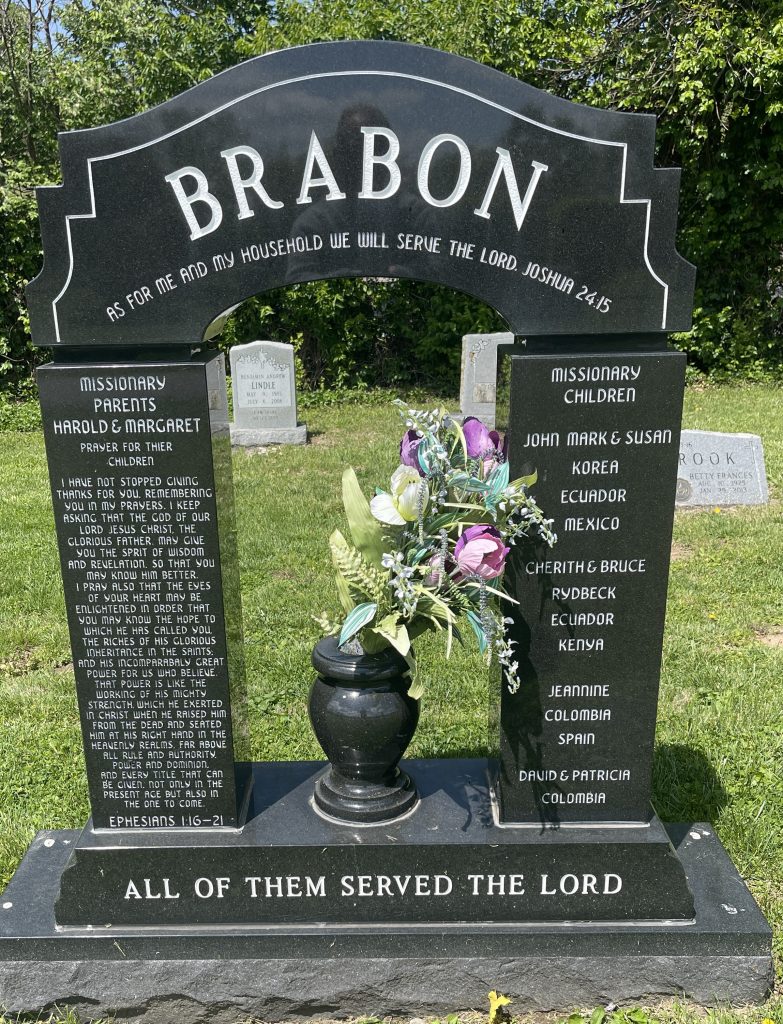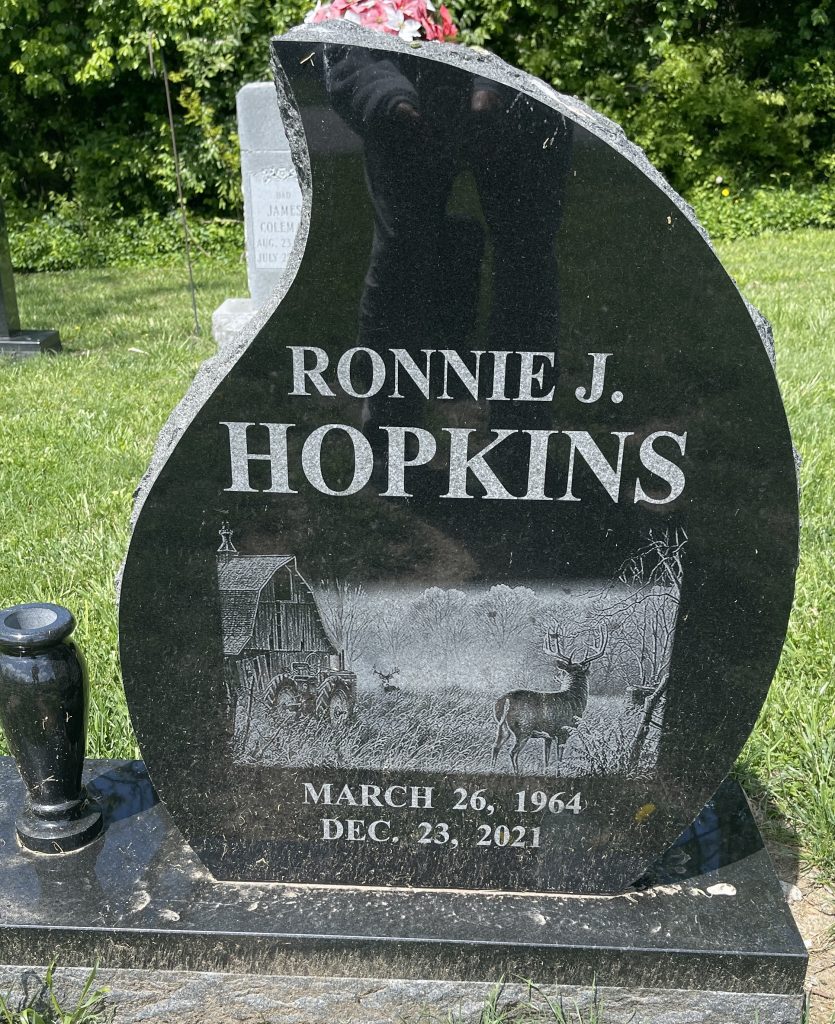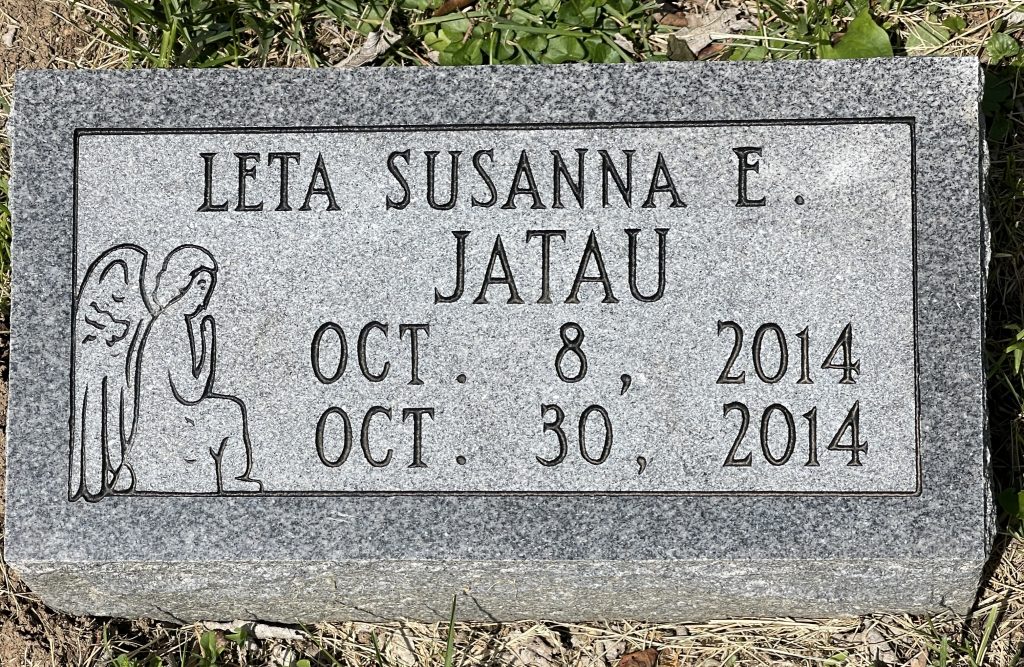“All go to the same place; all come from dust, and to dust all return.”
Ecclesiastes 3:20






The most obvious and ubiquitous reality of human experience is death; ironically, in western culture, it is seldom discussed. This post begins a series on death and dying —a conversation that matters.
It is important to establish the context in which these posts are being written. When the author is eighty years old, it is easy to assume that his death might be immanent. That is not the case (as far as I know). However, considering my age and pre-existing conditions, I am acutely aware of my mortality—definitely making the subject of death and dying relevant. Since all of us are mortal and subject to life’s uncertainty, I hope you will join the conversation. Several recent resources stimulated thoughts about death and dying. I recommend “The Lost Art of Dying” by L.S. Dugdale. This podcast is a good introduction to the book. Good Faith.
At this point, I have come to two conclusions, first, conversations about death and dying rarely happen; second, failure to acknowledge our mortality has profound implications to how life is lived and how we die.
The balance of this post is a stream of thoughts and ideas that establish a framework for conversations that follow.
Why it’s important talk about death and dying?
Why are evangelical Christians mostly silent about death and dying .
What does it mean to die well?
Developing a plan to die well.
ars moriendi – art of dying
Community’s role in death and dying
Medicalized death
Euthanasia
A Theology of Death
This list is a first draft and a work in progress, it will be amended and modified as necessary as in the coming months. I would very much appreciate your feedback, questions or concerns.
STILL ON THE JOURNEY